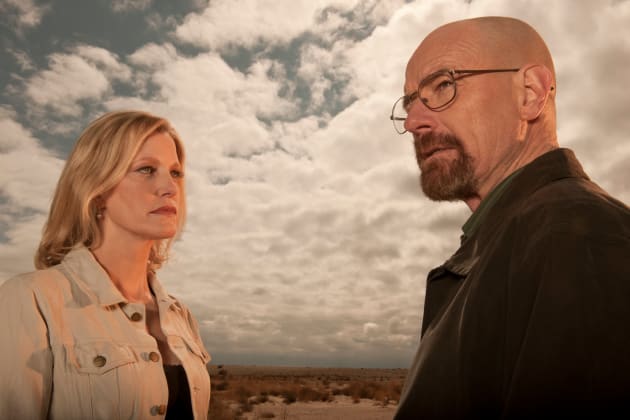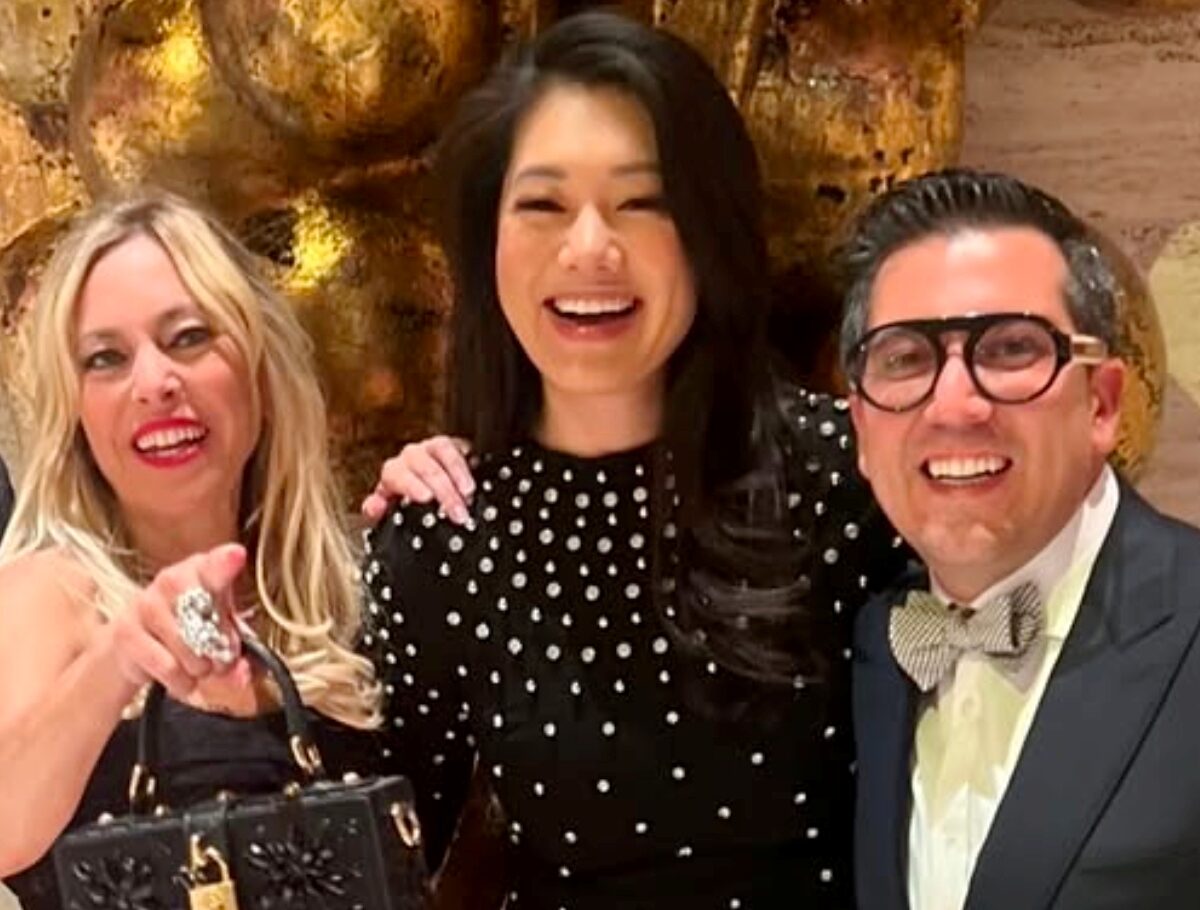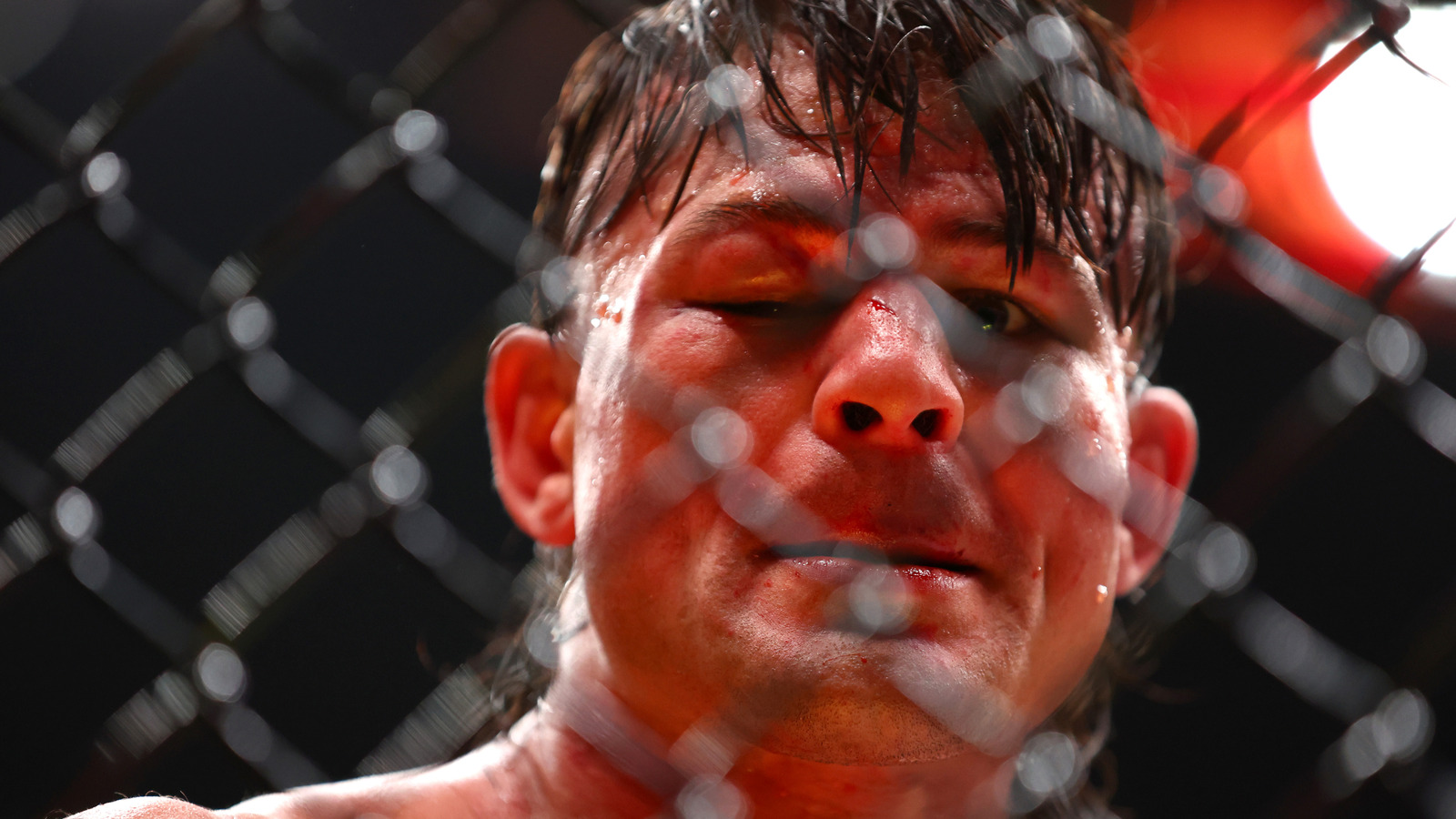Since the days of finger painting stories on cave walls, storytellers have known the secret of telling a quality fable. If your characters have flaws, they will resonate, even the villains.
One-dimensional characters just don’t cut it, even if they’re relegated to a distant, supporting role.
Some pundits are decrying the use of the deeply flawed character as an overdone trope that should die an ignominious death.

Yet, here we are, with the most acutely compromised characters reigning supreme on our TV screens and reverberating throughout our social interactions.
The art of creating the ‘grey’ character isn’t going away any time soon, as this list of 13 deeply flawed characters clearly demonstrates.
Beth Dutton – Yellowstone
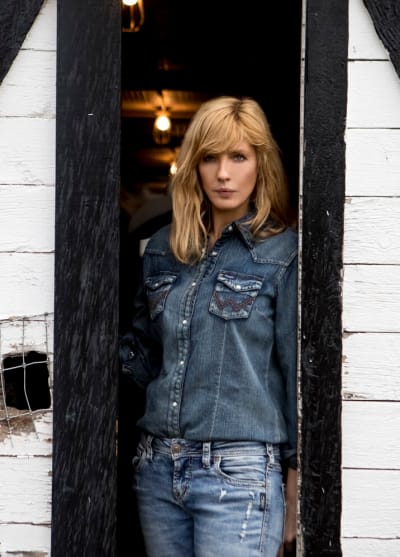
There aren’t enough adjectives in the English language to adequately describe Beth Dutton. She’s a viper in clothes, ready to unleash the moment she senses weakness.
But that’s not why there’s a massive demand for any product with Beth Dutton’s name stamped or etched on it. Beth is a wellspring of unbridled rage.
Yellowstone Spinoff: Everything We Know So Far About the Unnamed Series
Her animosity and wicked sarcasm are fueled by the death of her mother (which she blames herself for), and her inability to have children, thanks to a choice her brother Jamie made without her knowledge.
Both are reasons to empathize with her and cheer her on as she bulldozes her way through everything and everyone, leaving a trail of razorblades in her wake. Yellowstone would be greatly diminished without Beth Dutton.
Jamie Lannister – A Game of Thrones
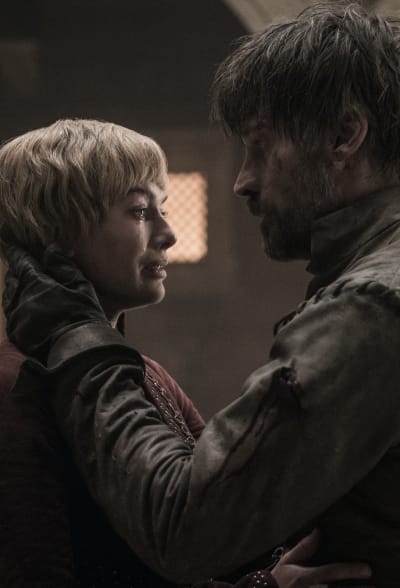
George R.R. Martin is known for creating flawed characters, and Nikolaj Coster-Waldue plays Jamie Lannister with aplomb.
He exists perpetually beneath the towering image of his father and his sister’s reluctance to make their incestuous relationship known.
House of the Dragon: Will a Nearly Two-Year Hiatus Leave Fans Uninterested in a Return to Westeros?
Coupled with the fact that he feels wronged for being labeled Kingslayer, Jamie lashes out with arrogance, a false sense of self-assurance, and a viciously cutting wit.
The audience loves him for the dim flicker of light within, kindled by Brienne of Tarth, the most unlikely pairing in television or in the books. Unfortunately, Game of Thrones’ muddled ending reduced his character somewhat, but Jamie lives on as one of fans’ favorite characters.
The Ghoul – Fallout
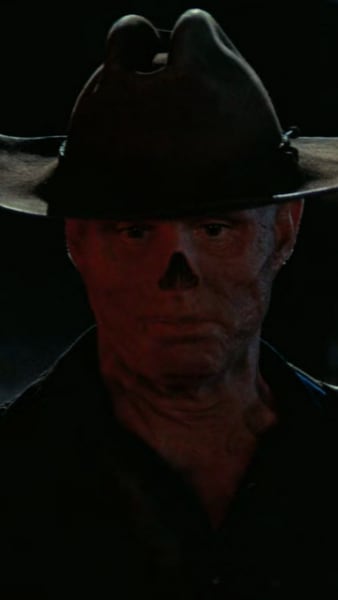
It’s not every day that you discover your wife is actively betraying the world, propping up corporate tyranny and some inane form of technocracy, and setting the stage for some creative world-building in Fallout.
The Ghoul’s bad luck doesn’t end there. He’s a ghoul transformed by the radioactive wasteland that’s left of the world — physically and irreversibly altered.
Fallout Alignment Chart Ranking of Every Fallout Character So Far
What was once a good man is now a walking corpse with a murderous impulse and little empathy. Yet, somehow, he has enough restraint to join forces with the series protagonist, Lucy.
It’s hard to hate such a broken thing, especially with his quick wit, murderous sense of empathy and justice, and predilection for digesting the posterior meat from other ghouls.
Dr. Gregory House – House
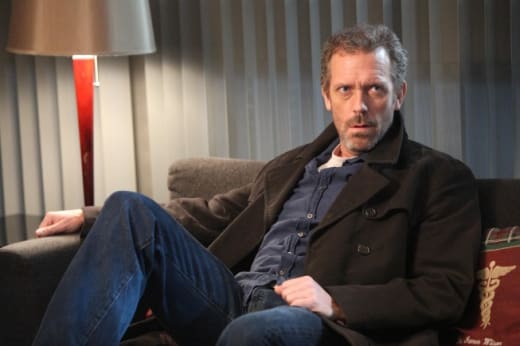
House is the quintessential flawed character of TV history. He was a drug addict, a narcissist, obsessive to the point of endangering the lives of others, an undependable friend, and a cruel boss.
Despite all of that, he remained one of the most popular characters on TV at the time. House was a walking dichotomy because he was also hilarious and occasionally charming.
His biting humor and irreverence for the feelings and livelihoods of others were constantly disconcerting, yet he saved lives.
Ultimately, that was his redeeming quality. Some episodes also boosted audience empathy by revealing House’s numerous struggles, both internal and external.
Amos Burton – The Expanse
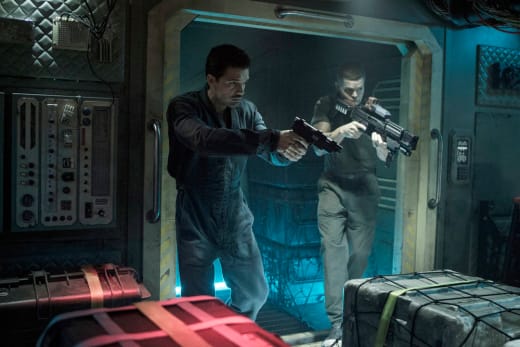
Amos Burton — the last man standing. in the early seasons of The Expanse, especially the first, it was very difficult to place Amos.
He was smart and capable (as a spaceship engineer, he kind of had to be) and followed Naomi around like a lost puppy. But his immediate, instinctive impulse was always explosive violence.
That violence might be directed at the enemy, a casual observer, or even a friend. Like most well-loved but extremely flawed characters, Amos had a loathsome past as an abused and unlucky child.
Growing up beneath the tutelage of a crime lord, he was desperately poor and pimped as a sex slave. Fortunately, he broke free and became the fan favorite in the books and the show.
The Smoking Man – The X-Files

The Darth Vader of the X-Files universe and one of the most talked about TV villains of all time, the Smoking Man’s character was a slow-burn, at least in the beginning.
The picture-perfect example of a villain who believes himself to be the hero, the Smoking Man consistently referred to his cause as right, just, or noble.
Borrowed Time: New Fox Drama Will Attempt to Revive the Notoriously Unlucky Sci-Fi Detective Genre
Yet, he was an aspiring writer, willing to give up life within the syndicate to become an author. He also had certain restraints, such as a reluctance to kill Agent Fox Mulder or Mulder’s mother.
Though his past is enigmatic and often involves innuendo and confusion, he was thought to be sympathetic to the Civil Rights movement and a turncoat who wanted to betray the Syndicate.
Walter White – Breaking Bad

Some people believe that almost anything is justifiable when it comes to protecting and supporting their families. Such is the state of Walter White’s mind, at least in the beginning.
The early seasons establish empathy for White, who has to work menial jobs to pay the bills and support those who depend on him.
17 Characters With The Best Alter Egos
Unfortunately, it becomes an obsession, and the further he delves into the world of drugs and the drug trade, the more White becomes concerned with his family’s respect for him.
It’s a classic projection mechanism. Walter knows what he’s doing is wrong, yet he invents and projects issues onto the lives of his loved ones to smother his own guilt.
Olivia Pope – Scandal
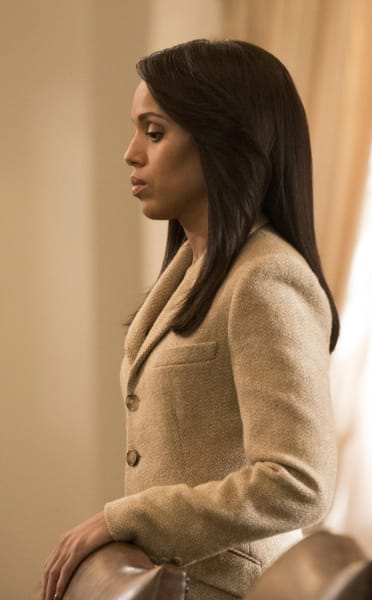
Olivia is a chameleon. Every time you sit down and watch Scandal, it’s possible to come out of it with an entirely different opinion of her. That’s a phenomenal trick to pull off.
Early on, she was a seemingly upstanding, highly successful advisor to powerful people. However, she’s having an affair with the President of the United States.
Kerry Washington and Tony Goldwyn Recreate Iconic Scandal Moment, and Scott Foley Weighs In
While the latter wouldn’t be surprising for a President to get caught doing nowadays, it’s not something you expect from a powerful protagonist who has the ear of the most important levers of power, mostly because of the emotional involvement.
Furthermore, she treats Harrison disrespectfully, lies when it suits her and expresses conflicting thoughts. Her moral high ground is a matter of convenient selection.
As the saying goes: Power corrupts, and absolute power corrupts absolutely. Yet, despite it all, she is the most fascinating character of the entire series.
Rust Cohle – True Detective
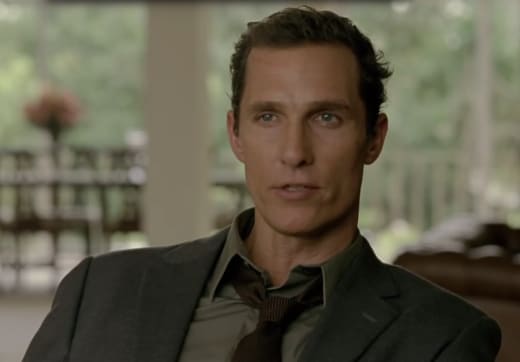
His every utterance was a soliloquy rife with adjectives and dark cynicism. Rust Cohle was one of the most fascinating, broken characters to grace the small screen at the time.
A full decade later, Rust is still high on the conversation starter list when it comes to discussions of fantastic procedurals (even if True Detective was a different kind of procedural).
True Detective Renewed for Season 5; Issa Lopez to Stay On as Showrunner Amid Nick Pizzolatto Controversy
The typical detective story is all about the mystery of who committed the murder. However, Rust Cohle was the mystery of the first season, and its successors, though solid entries, haven’t eclipsed him.
How the mystery of Rust’s flaws was unraveled was a genuine form of art, shrouded in ephemeral, haunted storytelling that lingers long after the season draws to a close.
Catherine – The Great
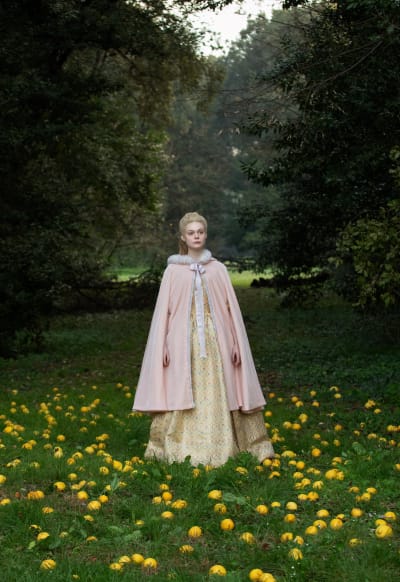
Catherine’s cause is somewhat just and noble, as noble as it can be from the standpoint of a dictator. In real life, she did many of the things her fictional counterpart wished to do.
As the saying goes, however, “When you sleep with the dogs, you’re going to get fleas.” Catherine has affairs, indulges in political intrigues that result in violence, and can’t seem to resist the charms of Peter.
In fact, that’s her greatest flaw. Peter, her husband, is a psychopath in all but name. A hilarious psychopath, to be sure, but a psychopath nonetheless.
Catherine’s reluctance to distance herself from him, especially after her successful coup, is her blind side. The Great is rife with such indulgences, but it’s one she can ill afford.
Richie Jerimovich – The Bear
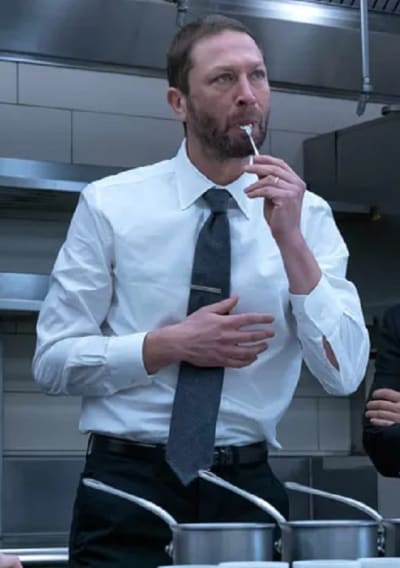
It’s difficult to single out any one person in Hulu’s The Bear as a flawed character since they all are in many major ways. However, Richie is the most dynamic because he has a clear and emphatic arc.
The problem with Richie is that he can’t seem to gain any respect from his counterparts, especially from Jimmy, the restaurant’s controlling financier.
The Bear, Which Demands Discussion, Is Dropping All Episodes at Once. Here’s the Case for Episodic Drops for New TV
Richie is a goof, immature in many aspects, occasionally abrasive, and untrusting. These flaws drive him crazy because he clearly wants and endeavors to achieve the respect of others.
As he transitions from the immature, wanna-be businessman into a learned, journeyman of the trade, he’s started constructing an altogether new and more serious character.
Grace Monroe – Infinity Train
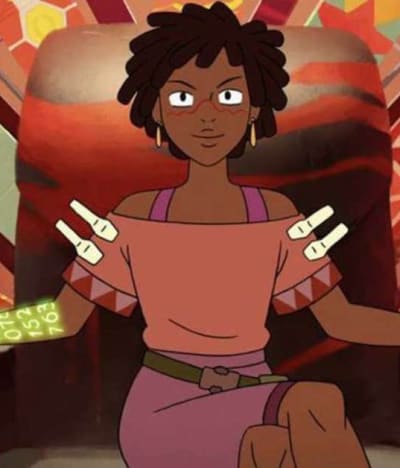
Grace is so comfortable with deceit that she doesn’t even realize she’s doing it. Sometimes, she uses it as a tool to effortlessly manipulate and undermine those around her, suiting her needs by doing so.
She embraces the approach of the sociopath, learning how to behave to trick and obfuscate, manipulating on a whim. She also has a tendency to betray her own stated convictions, as the show reveals on several occasions.
Infinity Train: The Little Show That Could
But there’s something about Grace that hints at a reluctant, hidden sign of hope, like a faintly glimmering seashell at the bottom of an endless, black ocean.
While this could be nothing more than mimicry (without giving away too much), Grace Munroe’s overall character arc certainly qualifies as redemption.
Mr. Spock – Star Trek
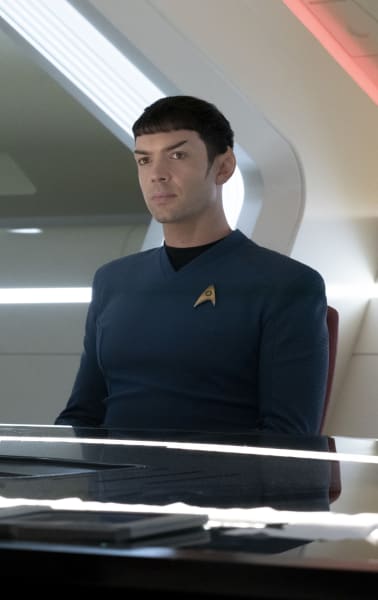
Surprised to see this one? You shouldn’t be. Throughout every Star Trek iteration, Spock has a single, glaring flaw, though his cold, straightforward thought process has saved the Enterprise on numerous occasions.
Spock’s flaw has always revolved around his internal human versus Vulcan struggle. The only time we see his halves truly reconciled is in Star Trek VI: The Undiscovered Country.
Is Strange New Worlds the Most Innovative Star Trek Series Since the Original?
In earlier iterations, his preference for embracing the logical side often obscured his ability to see all aspects of a problem. Logic, despite its cold precision, cannot predict chaos.
Unfortunately, Spock spends much of his time surrounded by non-Vulcan, emotional beings. His oft-repeated failure to observe his position in relation to his thinking is his greatest flaw.
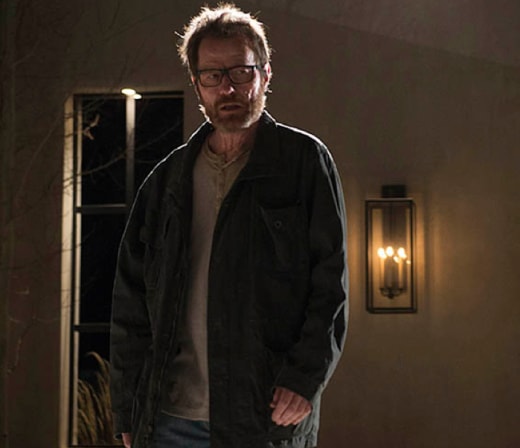
We love flaws simply because we are flawed. It’s doubtful that the audience would relate to automatons very well. Even Wall-E, a robot, was a dynamic, emotional, flawed machine we could understand.
The best characters are written with realistic and relatable flaws, and viewers are drawn to them out of a sense of companionship and understandable empathy.
The better we understand the driving force underlying a character’s motivations, the better we tend to relate to that character.
Do any deeply flawed characters spring to mind? Be sure to comment with some of your own and see how they stack up against the list!
Edit Delete
Thomas Godwin is a staff writer for TV Fanatic. You can follow him on X

